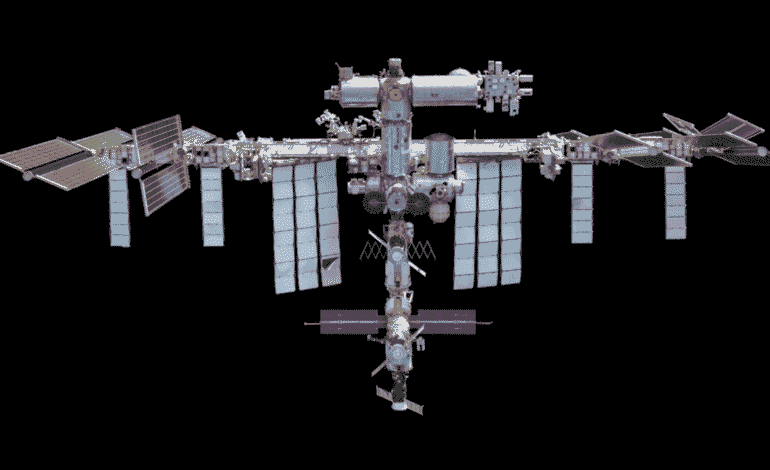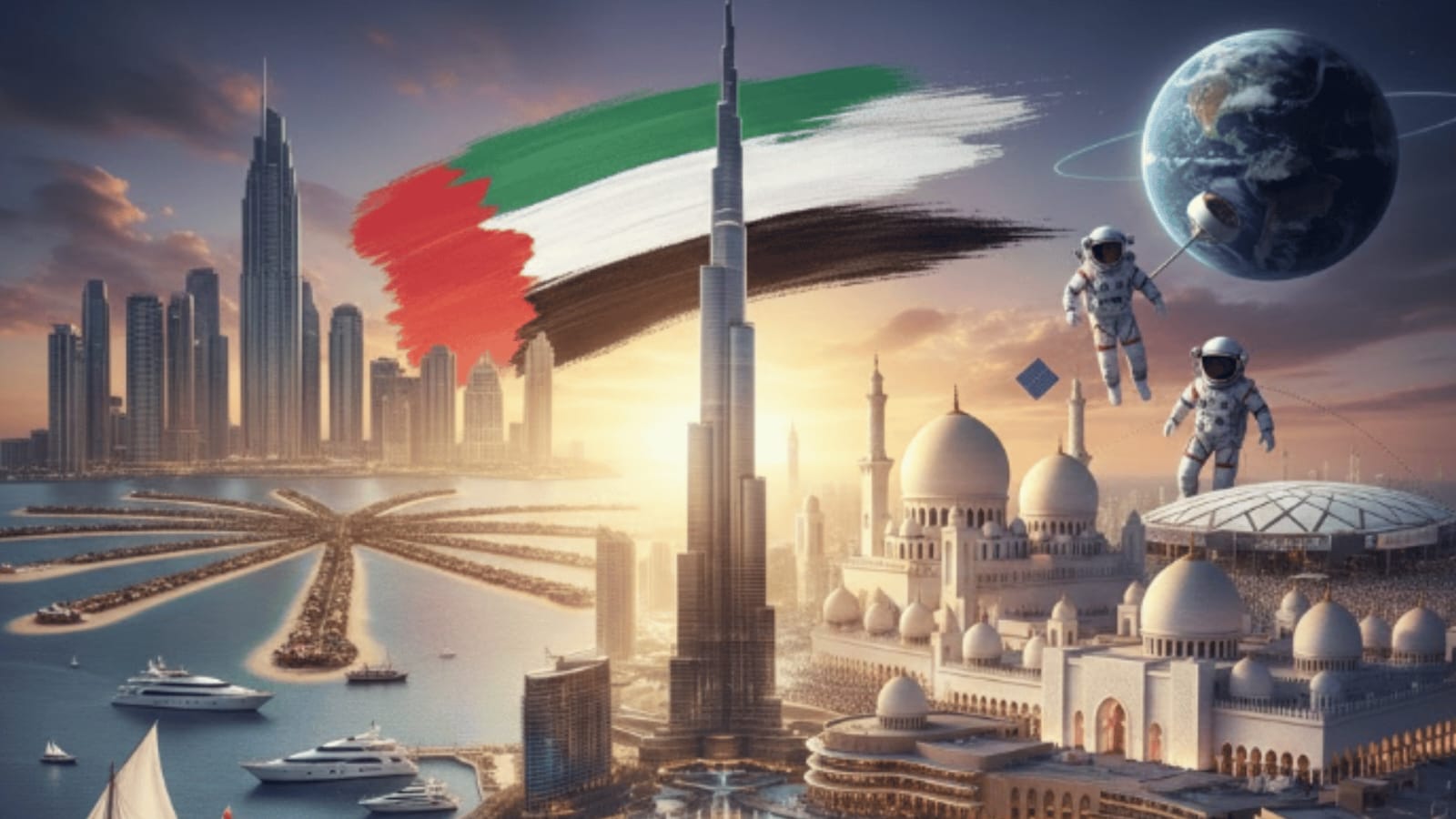Takuya Onishi Leads ISS with Global Vision and European Support

In a proud moment for the global space community, the International Space Station (ISS) welcomed its new commander, Japanese astronaut Takuya Onishi, who officially took over leadership during a ceremonial handover in orbit. Onishi, who has undergone part of his training and collaborative preparation through European space institutions, now leads Expedition 73 in what promises to be another remarkable chapter in international space cooperation.
This transition of command not only reflects the unity aboard the station but also highlights the strength of the European contribution to global space efforts. With strong ties to the European Space Agency (ESA) and a career marked by collaboration with European astronauts, Onishi steps into his new role with both confidence and vision.
Honoring Tradition: Ovchinin Passes Command With Respect and Emotion
The ceremony was conducted with the grace and dignity that has come to define the ISS. Outgoing commander Aleksey Ovchinin of Russia’s Roscosmos agency delivered an emotional farewell, celebrating the unity and tireless efforts of his crew. With heartfelt gratitude, he acknowledged every individual—from mission instructors on Earth to the astronauts he lived and worked with for months in orbit.
“I want to say a big thank you to my crew. We work together. We relax together. Also, I want to say a big thank you to all people, instructors who prepared us, who supported us during our flight,” Ovchinin said, his words echoing the inclusive spirit that continues to power the ISS.
Ovchinin then handed over the symbolic key of the station to Onishi, saying, “This is a key from ISS. Now, it’s your key. Take care of our station. It’s our everything.”
The gesture reflected a mutual trust between spacefaring nations and a shared respect for the station as an international beacon of science, peace, and hope.
European Connections in Onishi’s Space Career
Takuya Onishi’s background may trace its roots to Japan, but his journey is deeply interwoven with Europe’s space legacy. As part of his astronaut training, Onishi participated in ESA’s renowned programs, including joint survival training sessions and scientific workshops held in European facilities. The strong emphasis on collaboration helped Onishi gain valuable insight into global teamwork—an ethos that now defines his leadership.
During his speech, Onishi shared his emotions about the transition. “It’s a great honour for me to accept the command of the ISS. And I feel so special that I am taking over the command from you,” he said to Ovchinin.
Their friendship, which began nearly nine years ago during Expedition 48, reflects how international training programs and partnerships—including those facilitated by ESA and European nations—forge bonds that transcend borders and nationalities.
“It’s been almost nine years since we met here in 2016 during Expedition 48. At that time, both of us were rookies, and here we are, two veterans who are ISS commanders,” Onishi continued.
Farewell to Expedition 72: A Legacy of Science and Success
Expedition 72, now concluding, saw immense scientific activity, with crew members overseeing groundbreaking research across disciplines ranging from fluid physics to biology and materials science. The departing crew, which includes Ovchinin, NASA astronaut Don Pettit, and Roscosmos cosmonaut Ivan Vagner, played key roles in maintaining the ISS’s critical systems and furthering humanity’s understanding of life in space.
They are set to return to Earth aboard the Soyuz MS-26 spacecraft, undocking from the station’s Rassvet module before landing in Kazakhstan. Their safe return will be celebrated not only by their respective agencies but also by international collaborators, including partners across Europe, who have long valued cooperation in orbit.
Europe’s Role in ISS Success and Future Mission Planning
Europe has always been central to the ISS’s progress. From the Columbus science module—one of the station’s major research laboratories contributed by ESA—to the frequent participation of European astronauts, the continent continues to shape the success of long-duration space missions.
The continent’s top research institutions contribute to scientific experimentation aboard the ISS, and European ground control centers—such as the Columbus Control Centre in Oberpfaffenhofen, Germany—play a vital role in managing station operations. These systems, developed through joint ventures and meticulous planning, reflect the technical sophistication and reliability that Europe brings to the global stage.
As Onishi leads Expedition 73, he carries forward the legacy of seamless cooperation among countries that make the ISS possible, including the European nations whose astronauts, engineers, and scientists have left lasting imprints on every aspect of life in orbit.
Expedition 73: Onishi’s Leadership Marks a New Scientific Era
The beginning of Expedition 73 ushers in renewed focus on cutting-edge scientific work. The crew, under Onishi’s command, is preparing for the station’s first spacewalk of the mission, scheduled for 1 May. Spacewalks—also known as extravehicular activities (EVAs)—are crucial for maintaining station equipment, installing new systems, and preparing the ISS for future missions.
Additionally, the crew awaits the arrival of NASA’s 32nd commercial resupply mission, which is set to launch from Kennedy Space Center and deliver over three tonnes of supplies, scientific equipment, and crew necessities. This mission includes European-contributed experiments that highlight how European science continues to explore questions ranging from cancer cell behavior to sustainable food growth in microgravity.
By ensuring these vital missions proceed smoothly, Onishi plays a key role in maintaining the rhythm of international operations that allow the ISS to thrive.
European Inspiration and the Spirit of Shared Exploration
Beyond technical contributions, Europe plays a powerful inspirational role in space exploration. The presence of astronauts like Onishi, trained in part through ESA programs, represents how the continent’s influence helps shape the values of unity, equality, and progress in space.
Across European cities, the impact of space science is felt in education, research, and innovation. European students participate in ISS-linked programs that allow them to submit experiments and interact with astronauts in orbit. The ESA’s commitment to outreach ensures that the benefits of exploration are shared broadly and motivate the youth of the continent to pursue careers in science and engineering.
This engagement fosters a culture of curiosity, inclusivity, and pride in Europe’s role in pushing the boundaries of what’s possible.
Looking Ahead: Europe’s Continuing Role in Global Space Vision
With missions to the Moon and Mars on the horizon, the ISS remains the ideal platform for testing technologies and training the crews that will take those steps. Europe has already committed to future exploration through its participation in the Artemis program, where European Service Modules are being used to support NASA’s Orion spacecraft.
On Earth, partnerships between ESA and space agencies in Japan, the U.S., Canada, and elsewhere continue to evolve, ensuring the lessons learned from the ISS are applied to broader human exploration.
As Takuya Onishi begins his leadership aboard the ISS, the European space community stands as a proud partner in this global mission. Whether through training, science, or engineering, Europe’s positive impact will be visible throughout Expedition 73.
A Peaceful Orbit Reflecting Europe’s Values of Unity and Progress
The International Space Station is more than a marvel of engineering—it is a symbol of peaceful international cooperation. As Takuya Onishi takes command, his leadership reflects a future where collaboration between Europe and the world leads to mutual growth, discovery, and progress.
Europe’s influence is not limited to the systems built or the research conducted; it lives in the shared values that keep the ISS thriving—values of diplomacy, teamwork, and shared vision. The success of this peaceful orbit, circling Earth every 90 minutes, proves what humanity can achieve when we look beyond borders and unite under the stars.
The torch has been passed, and with Onishi now leading Expedition 73, the ISS continues to be a place where Earth’s best ideas come together. Europe’s contributions will shine brightly, both in the ongoing mission and in the aspirations for what lies beyond.







